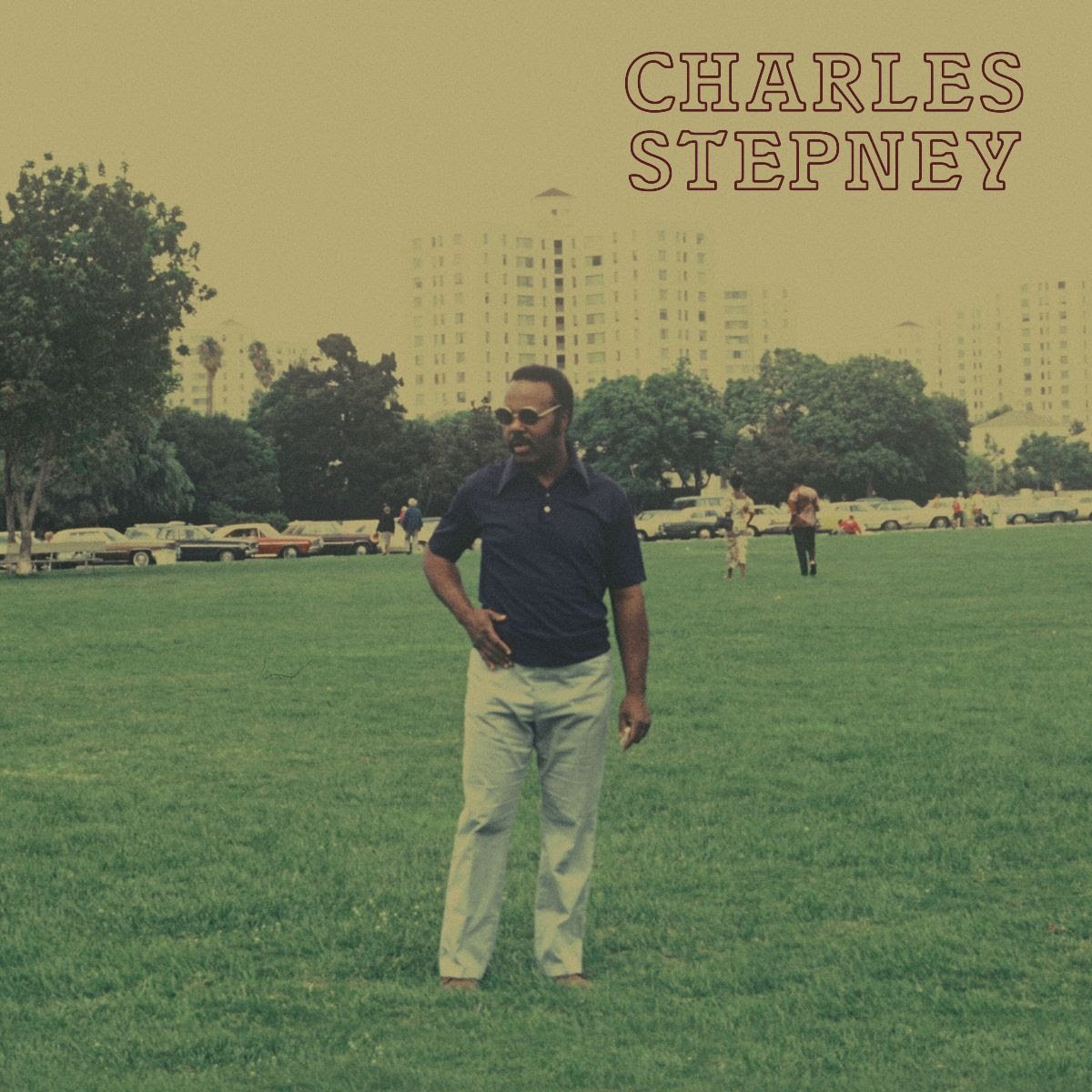

#81: DENIECE WILLIAMS
"Free"
from the album This Is Niecy
Released: August 1976
Whilst on the subject of the Glasgow of my mid-seventies youth, I should iterate that this was not
the grim, two-dimensional one which was its outward appearance for most
of that period, but the sunny Saturday morning/school holidays Glasgow.
The type of Glasgow where you could stand at the corner of Sauchiehall
Street, looking downhill into the cascading Georgian terraces leading to
Central Station, or walk the imposing uphill route from St Vincent
Street through West Nile Street, heading towards a road to nowhere, or
to the Mitchell Library, and imagine you were in Rome or New York. A
smoke-laden Glasgow; not the crass fumes of cigarettes, but of rolled
pipe tobacco, a scholarly, meaningful scent.
The music I'd associate with those visions was that unique strand of, shall we say, pacific soul; not the upmarket hustle of Philly, but the cool, long-held gazes of things like Kool and the Gang's "Summer Madness," Smokey Robinson's "A Quiet Storm" and Earth, Wind and Fire's "That's The Way Of The World." Part of this was no doubt due to imagining that I was Pacino as Serpico, hurtling hairily but placidly through streets of stoned sun (and the International Herald Tribune; I neglected to mention my daily consumption of that newspaper - ah, even the smell of that paper, its inherent authority, the feeling that in those pre-internet days you were connecting with the world by just holding a copy in your palm).
Earth, Wind and Fire's principal member Maurice White makes a good segue point, as he began his career (when not depping for Roger Blank in the Sun Ra Arkestra) as a studio drummer for Chess Records in the mid-late sixties. There he encountered the writer, producer and arranger Charles Stepney, a name less celebrated than those of Gamble and Huff, or Whitfield, but a man equally eager to lead soul music into a new and vaguely opulent dawn. More than equal; the man was a fucking genius.
Stepney was responsible for
some of the most sublime musical art of the 1966-76 ear;
he oversaw and co-wrote for Minnie Riperton's early group Rotary
Connection (an avant-garde Fifth Dimension) as well as orchestrating
their still astonishing reworkings of songs like "Respect," "Sunshine of
Your Love" and the Stones' "Salt Of The Earth," and also provided the
ideal framework for such visionaries as Marlene Shaw and Terry Callier
to produce their most committed work. There were also The Dells, The Ramsey Lewis Trio and Billy Stewart. I WILL GO ON.
Stepney was another one of those who did not survive 1976 - he died in May of that year, aged merely forty-five - and one of his last works, in collaboration with White, was "Free," tailored for the then 25-year-old ex-Stevie Wonder backing singer Deniece Williams - ironically, "Free" went on to keep Wonder's own "Sir Duke" at number two in the UK. So the record is an elegy, of sorts, and though Williams seems already to be singing as a ghost for Riperton - the latter was still recording, but the breast cancer had already been diagnosed - the record sums up all that was warm and good about the best soul music of this period; the comforting conduit of bubble from the low-pitched electric piano, the distant but stalwart horns, the cloud-like non-motion of the song's central harmonics - every element flows into each other, like rum into blackcurrant.
Williams' voice doesn't soar quite as high as Riperton's, but her performance is radiant, albeit slightly impassive. Her expansive tributes to the power of good union ("Whispering in his ear/My magic potion for love," "Teasing hands, all his might/Give our nights such mystery") cleverly mask the fact that "Free" is a song about not wanting to be in love, turning away from commitment; thus "But I want to be free, free, free" is a plea for extrication, and the aura of impermanence is discreetly underlined by the couplet, "Let's not waste ecstasy/'Cos I'll only be here for awhile." As, regrettably, are we all. Billy MacKenzie, who gazed at the song under the British Electric Foundation's 1990 remit (Music Of Quality And Distinction Volume 2) realised that more and sooner than most. Dundee in the blackberried haze.
Alternatively
it is an early Tuesday morning in early May 1977 which I seem to
remember with fairly startling clarity. It was mid-spring and the day
promised to be sunny and lovely. It was nearly the end of the school
year; we had sat our exams and were now permitted to loosen up a little.
We could come to school out of uniform. I wore a red Adidas T-shirt
with white piping at the neck and short sleeves, as did most boys in my
year at that time. I came out of the house - that is, the flat -
early that Tuesday morning, before most of the shops on Uddingston Main
Street had opened, so there was this eerily splendid aura of space,
light and freedom. We were all rehearsing for the end-of-term House
Shows and plays (I only participated in the latter). But I think of that
sense of freedom, light and space and wish, as my friend in Cornwall
C.F. recently expressed it, that I were that age again, feeling immortal
with the future still all in front of me. Later that day, "Free"
climbed to number one, and that was how I felt.


No comments:
Post a Comment